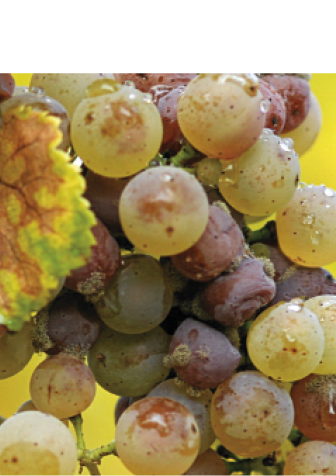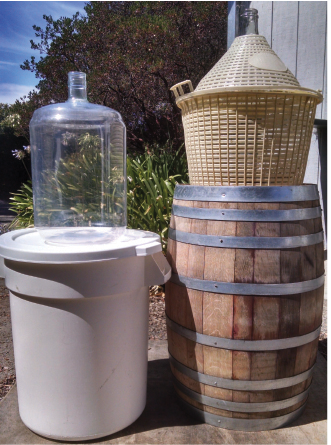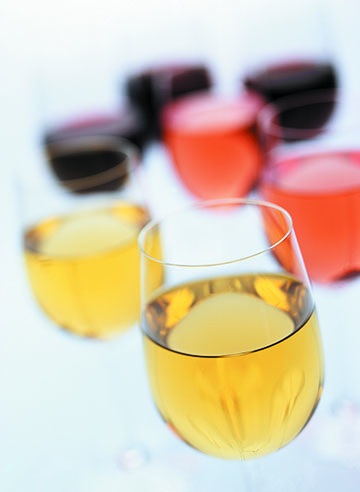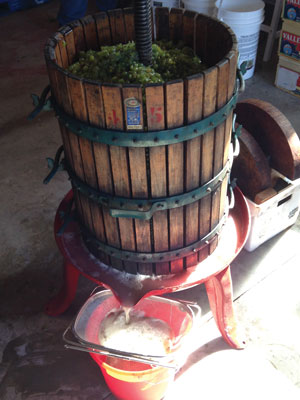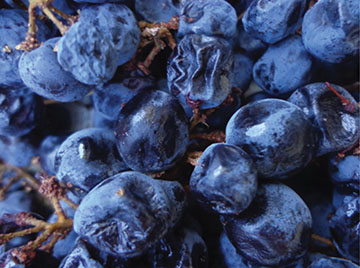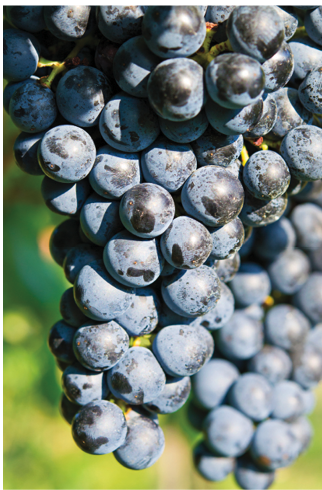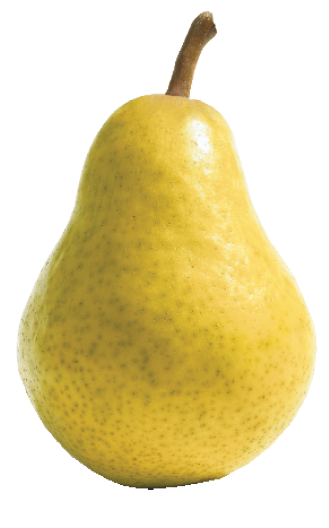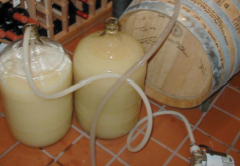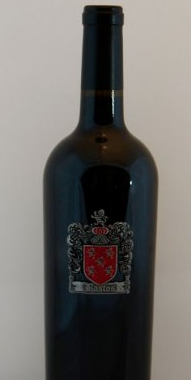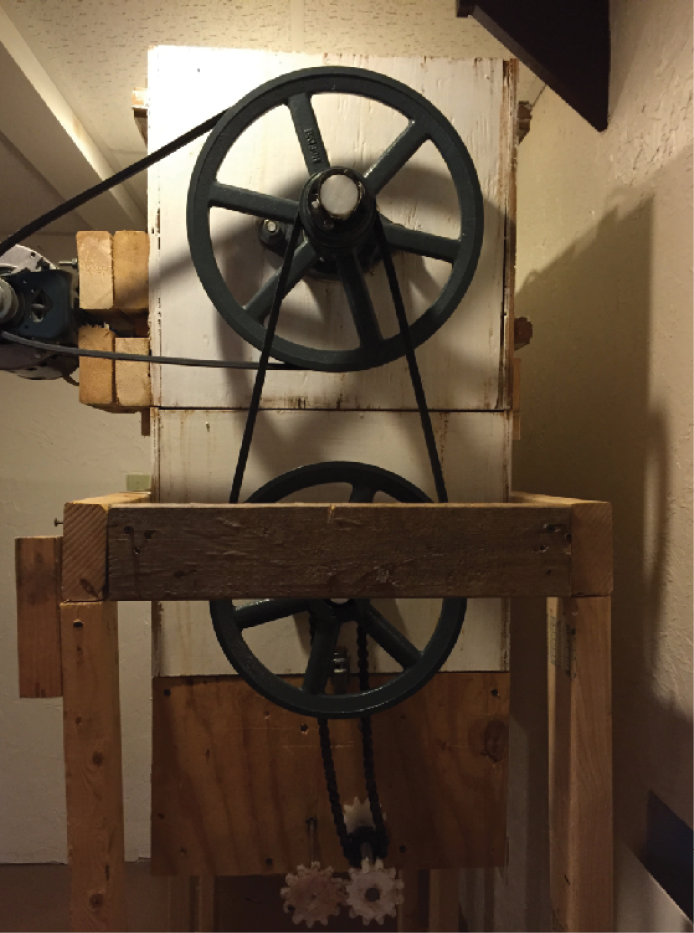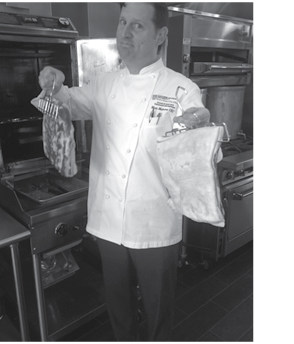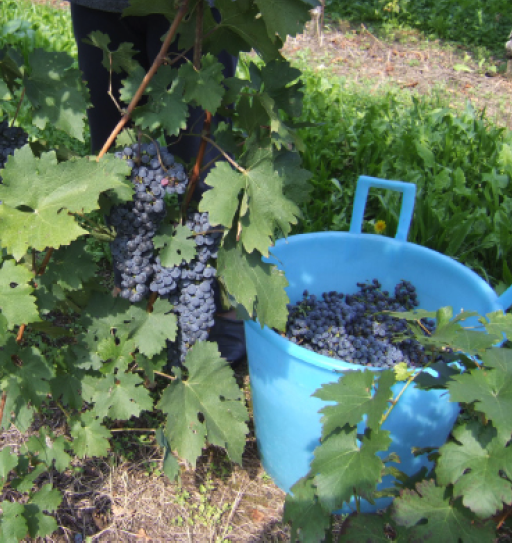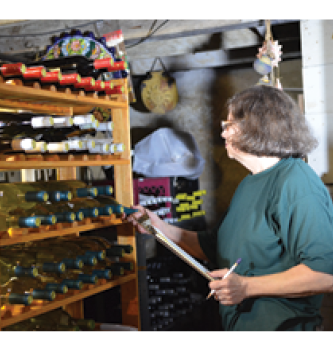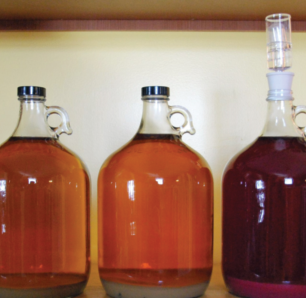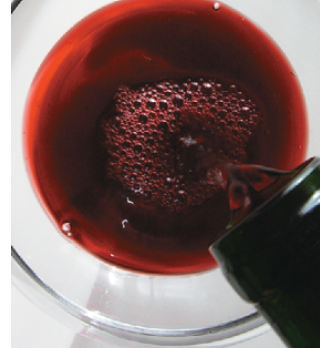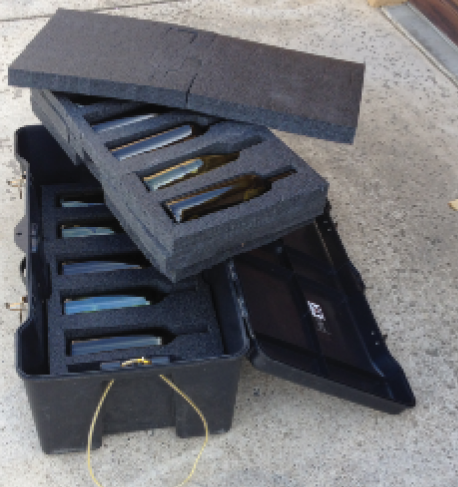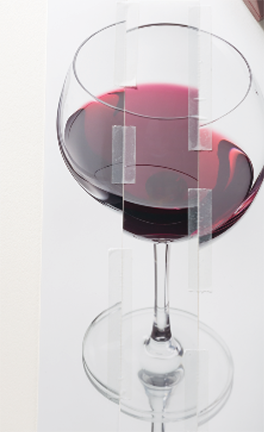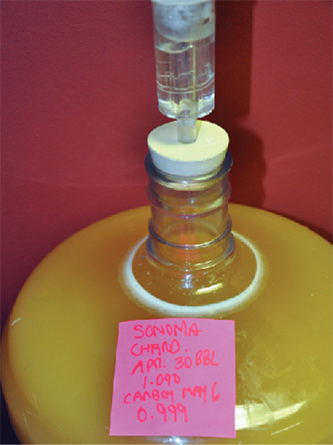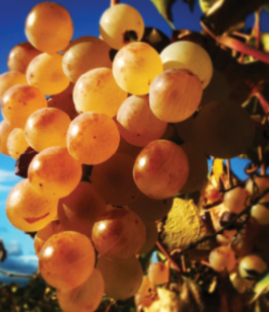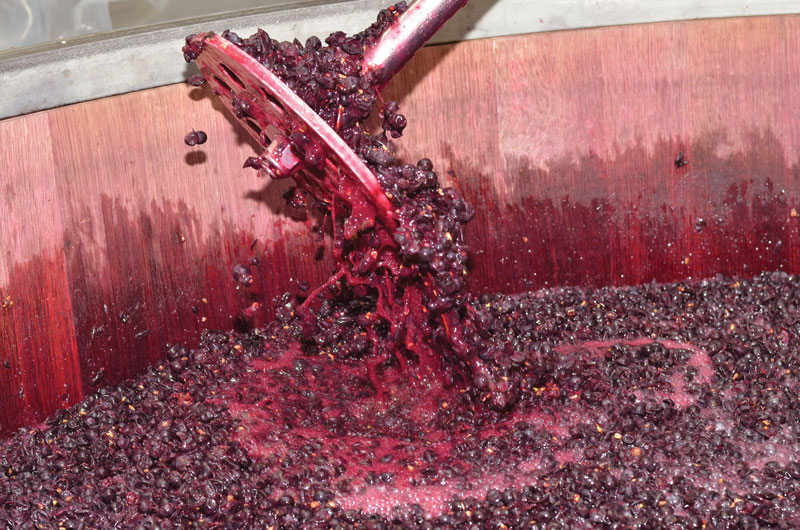Import Source: InDesign
Detecting, Measuring, and Preventing Volatile Acidity
You’ve worked long and hard to craft that awesome red wine but now, you go down to the cellar to taste a sample out of the carboy or oak barrel to see
Fermentation and Aging Containers
Fermentation and aging vessels winemakers have to decide between include oak, glass, plastic, and stainless steel. Each has its own pros and cons to be weighed.
Top 100 Wine Kits of 2016
Here’s the top 100 wine kits from the 2016 WineMaker Magazine International Amateur Wine Competition
Six Essential Winemaking Techniques
Commercial winemakers and wine industry professionals don’t become experts overnight. It can take many vintages to figure out what works and what doesn’t work in a home or commercial winery. But that
A Year in a the Life of a Wine: Part II (Grape Processing)
A look at processing grapes after harvest.
Amarone: A Taste of Valpolicella
Find out how to replicate the method of making Amarone — the famed red “straw wine” from the Valpolicella zone of Italy’s Veneto province made from grapes partially dried on straw mats to concentrate their juice.
High Acids, Low Tannins: Barbera
Barbera is a favorite among winemakers because its high acidity makes it a useful grape for blending and also a unique varietal wine. Get tips to make your own Barbera wines at home.
Red Wine Stabilization
Ever open a bottle of red wine you’ve lovingly saved for 20 years only to be disappointed as a brick-orange liquid followed by a brownish sludge falls into your glass? The issue
Making Mead: Tips from the Pros
Looking to try something new? How about making mead, also known as honey wine. Meads come in many different forms, from dry to sweet, with added fruit (melomel), malt (braggot), spices (metheglin)
Making Pear Cider/Perry
Hard cider doesn’t have to be made from apples. Try making a pear cider (perry) this summer!
Choosing and Using a Wine Pump
Many a home winery gets by just fine with no pump at all. If your hobby grows, though, you may find that many routine tasks are made simpler with the help of
2016 Label Contest Winners
Here’s the winners of the 2016 WineMaker label contest.
Build Your Own Destemmer-Crusher
Don’t want to fork over the money it costs to buy a destemmer-crusher? Good with your hands? Try building this!
Color Loss in Candy Cane Wine
Well, well, well. Candy cane wine is one I have never heard of! However, as one of my winemaking professors always said, you can ferment just about anything as long as you
Pairing Wine and Food: Tips from the Pros
There are many views on how to properly pair your wine and food for the most enjoyable dining experience. Three experts illustrate this while offering advice. Chef: Mark Molinaro, Northern Arizona University
Post-Harvest Cleanup
Don’t neglect your vineyard just because the grapes have been harvested. Here’s the cleanup that needs to take place.
Stock Your Wine Cellar
A home winemaker offers tips on how to keep your wine cellar stocked with a variety of wines.
Split Batch Wine Kit Experiments
When we tackle a big project it isn’t the immediate effort that pays off, but all of our work combined into one glorious enterprise. It’s the same with winemaking: A single effort
Oxygen Reduction in Winemaking
Oxidation gets a lot of attention in winemaking — and it should! WineMaker magazine has covered oxidation issues from several different angles over the past few years. While some presence of oxygen
Wine To Go Layout
Build your own wine carrying case to keep your bottles safe during travel.
Super Blends
One group of internationally famous wines — the Super Tuscans — has come to represent revolutionary change in the wine world in the last few decades. After long-held traditional principles and practices
Cooking With Wine
Your homemade wine doesn’t have to be simply for the wine glass – it can also be a part of the food on your table! Check out three recipes for a French-inspired feast that count wine among the ingredients.
10 Tips for Taking stock in Your Home Winery
Take advantage of the quieter moments in your home winery to take a deep breath and regroup. Four veteran winemakers share tips for cleaning, organizing, restocking, and reviewing the past year’s winemaking, and planning for the coming vintage.
The Many Shades of Muscat
Muscat is a complex family of grapes with a distinctive aroma tying them all together. There are hundreds of Muscat varieties, both white and red, which are used to make all styles of wine.
Moldy Odor In My Wines
Would you be surprised to know that you may be doing absolutely nothing wrong? Even though you tried to sanitize your corks (assuming you are using natural corks and not artificial corks)
